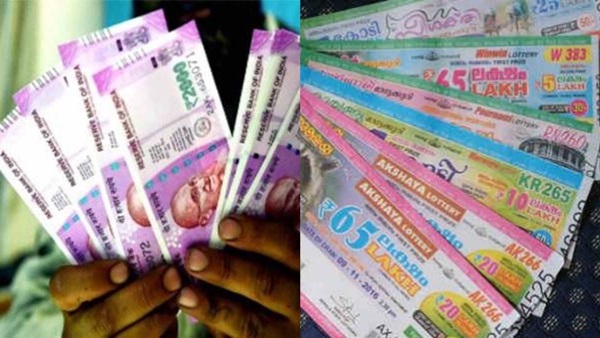Lotteries have fascinated and intrigued people for centuries, transforming from simple community games of chance into complex, multi-billion-dollar global industries. Today, the lottery is more than just a game; it’s a multifaceted phenomenon influencing economies, cultures, and even technological advancements. This article explores the evolution of data macau, their economic and social impacts, and future trends shaping this enduring institution.
The Evolution of Lotteries
Lotteries have roots that trace back to ancient civilizations. Historical records suggest that lotteries were used in ancient China during the Han Dynasty (205-187 BC) to fund government projects. Similarly, the Romans used lotteries to distribute gifts and determine fates at lavish banquets. However, modern lotteries began to take shape in the 15th and 16th centuries in Europe, where they were used to raise funds for public projects, including infrastructure and charitable causes.
The concept crossed the Atlantic to America in the early 18th century. The first American lottery, established in 1744, funded the construction of roads, bridges, and even educational institutions. In the United States, the lottery was initially met with skepticism and controversy, but over time, it became an accepted and integral part of fundraising for various state initiatives.
Economic and Social Impact
The impact of lotteries on the economy is significant. In many countries, lotteries contribute substantial revenue to public coffers. For instance, in the United States alone, state lotteries generate billions of dollars annually, which is often allocated to education, public health, and infrastructure projects. This revenue stream is particularly crucial for states with limited resources.
Socially, lotteries are a double-edged sword. On the one hand, they provide a form of entertainment and the hope of a life-changing windfall. On the other hand, they have been criticized for their regressive nature. Research shows that lower-income individuals are more likely to spend a higher proportion of their income on lottery tickets compared to wealthier individuals, which raises concerns about promoting gambling behaviors among vulnerable populations.
Technological Innovations
The digital age has brought significant changes to the lottery landscape. Online lottery platforms have made it easier for people to participate from anywhere in the world. This shift has expanded the reach of lotteries, attracting a global audience and increasing revenue. Moreover, digital platforms allow for more sophisticated games and instant results, enhancing the overall user experience.
Blockchain technology is another emerging trend in the lottery industry. By using decentralized ledgers, blockchain can enhance transparency and security, ensuring that lottery draws are fair and tamper-proof. This technology has the potential to rebuild trust in lotteries by providing verifiable evidence of draw integrity.
Future Trends
Looking ahead, several trends are likely to shape the future of lotteries. Firstly, there is a growing emphasis on responsible gambling. With increased awareness of gambling addiction, lotteries are implementing measures to promote responsible play and support affected individuals. This includes setting limits on spending, providing resources for help, and creating educational campaigns.
Secondly, the integration of artificial intelligence and data analytics is expected to personalize the lottery experience. AI can analyze player behavior to offer tailored promotions and enhance engagement. Additionally, data analytics can help operators understand player preferences and optimize game offerings.
Lastly, the convergence of lotteries with other forms of entertainment, such as gaming and sports betting, is on the rise. Innovative crossovers and partnerships are likely to attract younger audiences and diversify the range of lottery products.
